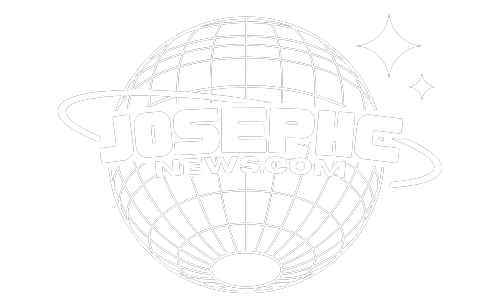Selecting an Internet of Things (IoT) platform for product design is complicated. Assume your present gadgets are either isolated within their networks or are not linked to the internet at all. IoT is a buzzword in today’s world! It is no longer necessary to introduce it. In today’s world, the magic of IoT solutions can achieve anything humans want without requiring human intervention.
One gadget must be linked to another to perform miracles via the internet transfer protocol. An IoT platform with backend apps to manage the data generated by hundreds of sensors bridges the gap between device sensors and data networks.
When it comes to IoTplatforms, there are numerous alternatives. Many firms are developing IoT platforms to enable the deployment of Internet of Things applications on the move. However, startups that have only taken the first steps toward developing IoT platforms lag well behind Amazon and Microsoft, the current leaders in IoT platform development.
Choosing the proper IoT platform provider is not difficult if you ask the correct questions before making a purchase. So, these are the eight questions you should ask an IoT platform supplier before purchasing.
- What makes you unique and superior to other IoT platform providers?
Choosing one of the various IoT platforms available can be challenging. However, one of the simplest methods to start the search is to seek fundamental distinctions between the platforms and ask the IoT solutions what their IoT platform’s USP is.
- What kinds of data analytics are there?
An IoT platform that may provide additional insights to your firm is excellent. Connected gadgets enable you to collect large amounts of data, making better business decisions. However, processing so much data sounds intimidating and difficult. The data must be combined and examined to yield insights. So, make sure you opt for a platform that includes IoT analytic capabilities.
- Will my IoT dashboards be able to be customized? How do I make them my own?
Dashboard collects and analyses data relevant to your business. So, select your IoT solutions so that the dashboard acts automatically based on data insights and manages IoT devices. It should be able to automate the interaction between devices and apps. You should be able to construct your dashboard based on your company’s needs. Most platforms allow for non-coding dashboard customization via drag-and-drop tools.
- How does the IoT data collection process work?
Communication with smart devices and data collection from them are critical components of any IoT platform. Data collecting is a difficult process that not all IoT platforms can complete. Data collecting is a challenge for all IoT platforms. Each of them approaches the challenge uniquely. So, before choosing one, ensure you understand its data harvesting procedure.
- How about controlling and monitoring connected devices?
Many gadgets are now split on non-connected networks. Due to this separation, many key system device apps are not possible with IoT. To address this issue, you must create an additional layer of communication protocols and APIs above the different networks. You must also include a control system that can transfer instructions back and forth. It is where the IoT platform enters the picture. Each network can control its own items using an overarching IoT platform.
- How will your platform manage Internet of Things security?
IoT solutions’ security is one of the critical topics being debated in the industry right now by both consumers and enterprises. IoT platforms have a specialized structure to safeguard data at every stage of the system. Each component has its security features. There are many possibilities for connecting the cloud and devices, such as standard certificate-based approaches, data packet encryption, and network encryption between the cloud and specified devices like VPN.
- Does your platform support any IoT protocols?
One of the most crucial topics to ask your IoT solutions provider is protocol compatibility, which will help you quickly eliminate a few possibilities from your selection. The protocol must be compatible with your device; the entire system will fail. Standardization or convergence on a single communication protocol is, of course, challenging. You’ll need to know which protocols an IoT solutions can and cannot employ. As IoT platforms migrate to conventional Ethernet, we can take a step closer to convergence.
- Which IoT devices can be managed? Is this an IoT or an IIoT?
You will now understand the significance of the protocol list indicated in the preceding section. This list of compatible protocols can help you determine whether devices are compatible with IoT solutions. You can also get the list directly from the IoT platform supplier.
You can tell whether an IoT platform focuses on consumer IoT or the Industrial Internet of Things by looking at the list of compatible devices (IIoT). It is a critical topic to ask an IoT platform provider because if you are pursuing IIoT, you must ensure that the IoT platform you choose has the strength and comprehensive capabilities to gain the trust of industrial customers. To target the consumer market, you should search for IoT solutions that prioritize usability.
Final Words
The eight questions listed above will assist you in swiftly shortlisting and selecting the best IoT solutions provider. Apart from these inquiries, you can inquire about cloud storage choices for your IoT data and licensing for you and your customers. The more research you undertake, the better your choice of an IoT platform provider will be.
The possibilities for connecting the world around us are limitless. It is a matter of awareness, expense, and complexity. Akenza’s experts are certain that by considerably lowering businesses’ work and complexity while developing IoT solutions, we can lead the Internet of Things progression into the broad market application.

